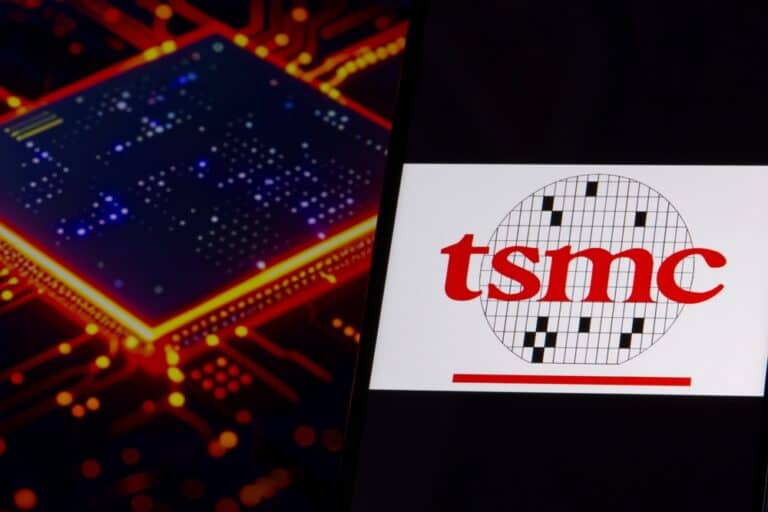Taiwan Semiconductor Manufacturing (TSMC) reports slower revenue growth for October. This raises questions about the sustainability of the current AI boom.
This is according to Bloomberg. Despite continued demand for advanced chips from companies such as Nvidia, the declining growth rate points to a possible cooling market.
The chip giant recorded a 16.9 percent year-on-year increase in revenue in October. That is the lowest growth rate since February 2024. Analysts expect growth to remain around 16 percent in the current quarter. Nevertheless, investor confidence has not disappeared. After all, SMC shares have risen by about 37 percent since the beginning of this year.
The technology sector’s recovery took a hit last week when Asian tech stocks fell sharply. This decline reminded investors that the spectacular rally in AI and semiconductor stocks may have reached a temporary peak. Several top executives on Wall Street have been warning of a correction for some time.
AI optimism remains strong
Nevertheless, many players in the sector remain optimistic about the prospects for artificial intelligence. One weak month is unlikely to have much impact on long-term expectations, especially as major technology companies continue to expand their investment plans.
Meta Platforms, Alphabet, Amazon, and Microsoft will collectively spend more than $400 billion on their AI infrastructure next year, an increase of 21 percent compared to 2025. In doing so, they aim to secure their lead in the race for leadership in emerging technologies.
Nvidia CEO Jensen Huang said this weekend that his company is “growing stronger month after month.” During a visit to Taiwan, he met with TSMC CEO C.C. Wei to secure additional chip capacity. Nvidia is not the only one knocking on TSMC’s door: Advanced Micro Devices, Qualcomm, and Apple also depend on the Taiwanese manufacturer for their advanced chips.
The optimism is not limited to Nvidia. Qualcomm CEO Cristiano Amon recently stated that the world still underestimates how big the impact of AI will be. TSMC CEO Wei emphasized in October that his company’s production capacity is still tight and that they are working hard to close the gap between supply and demand.
The October figures illustrate the tension between short-term volatility and long-term expectations: the AI revolution is driving the industry, but its vulnerability is also becoming increasingly apparent.
